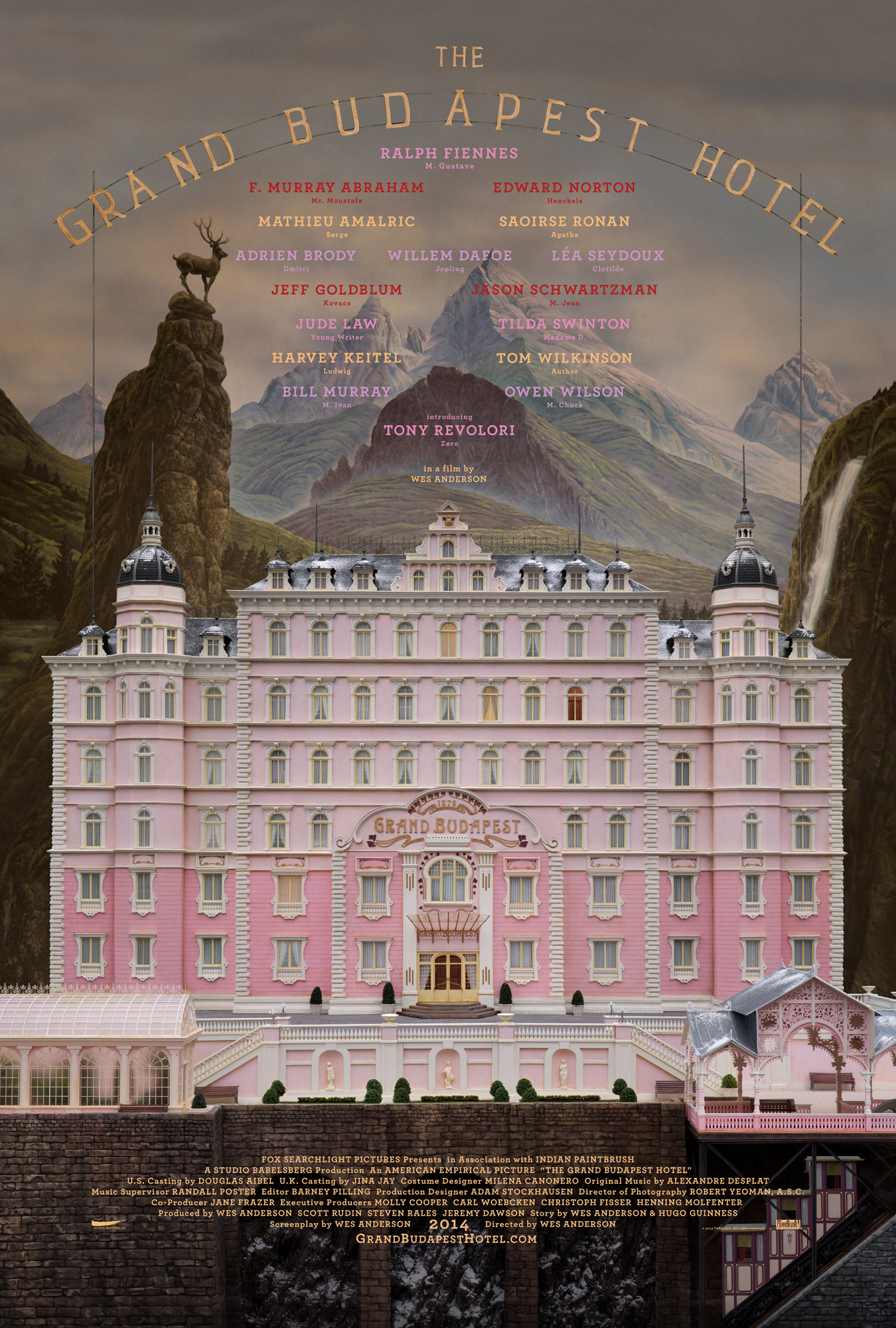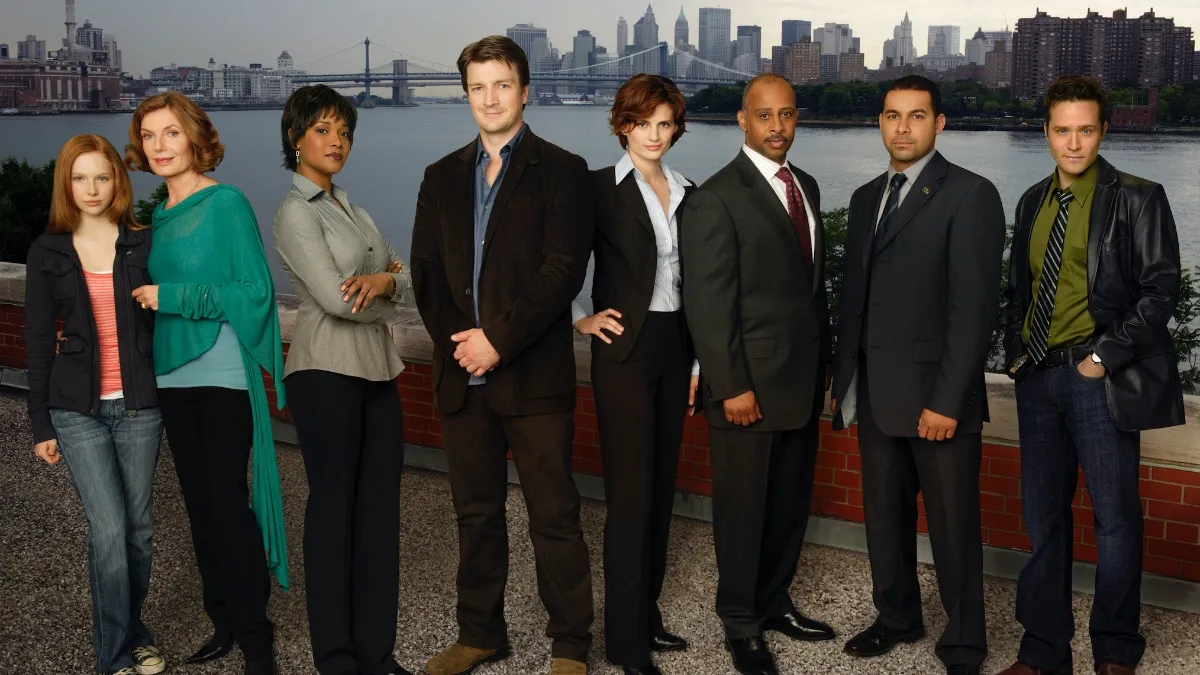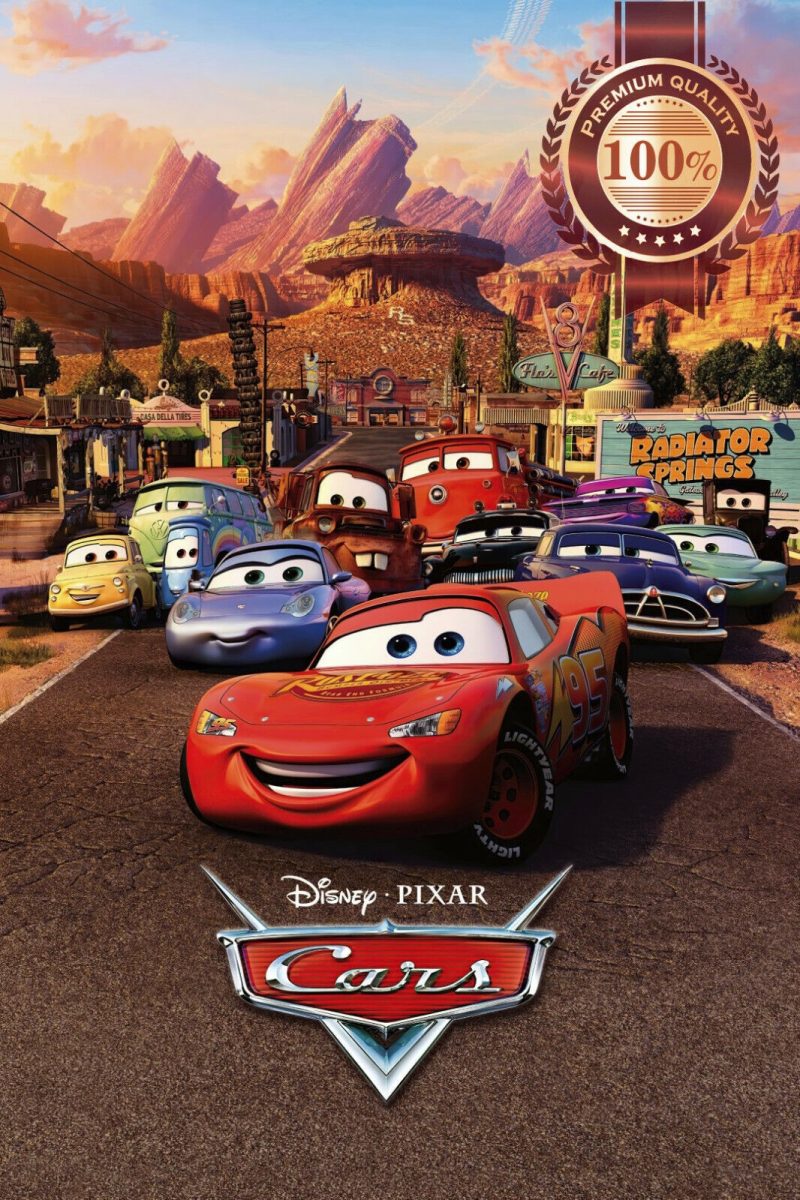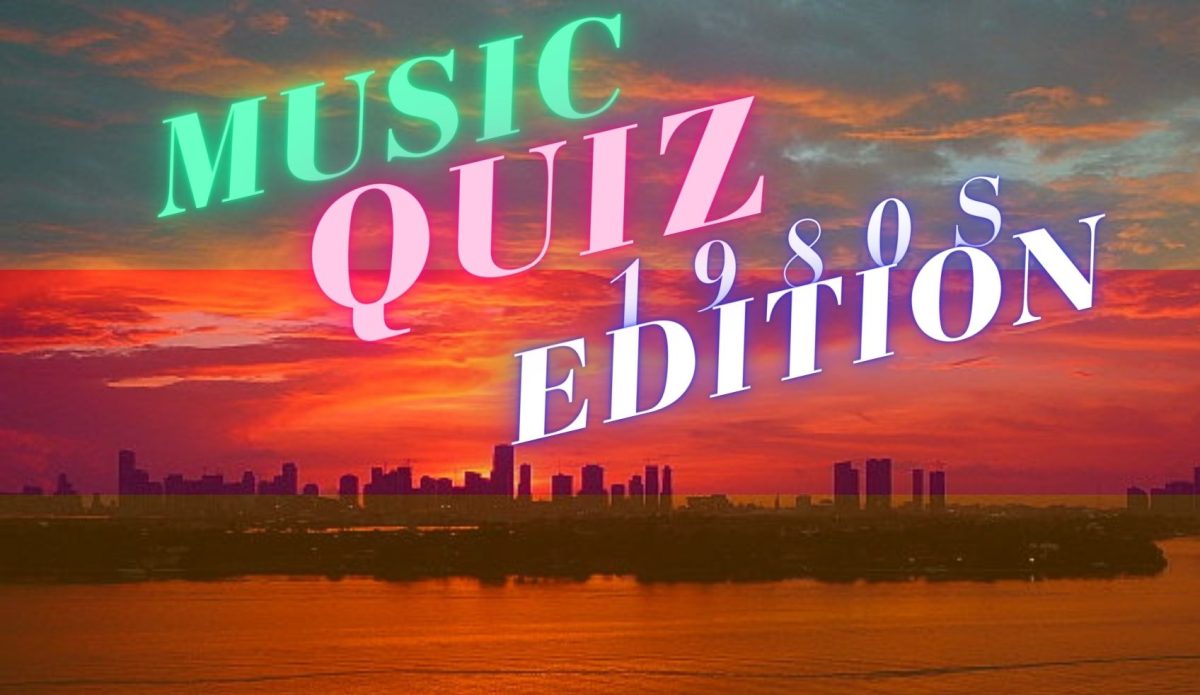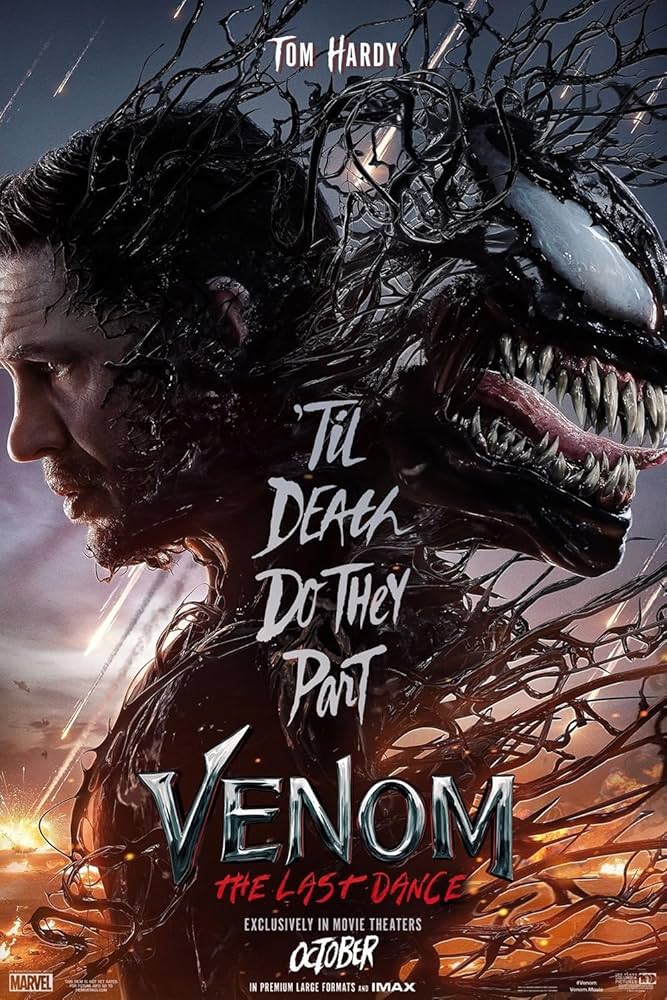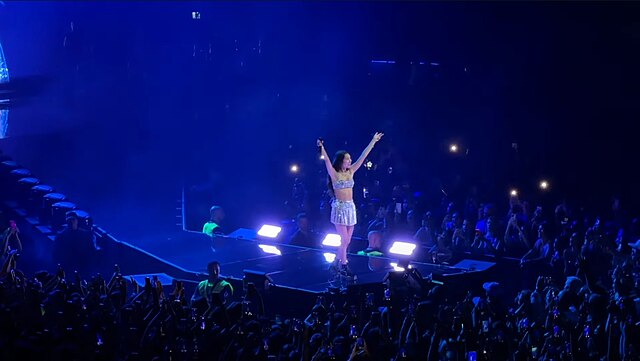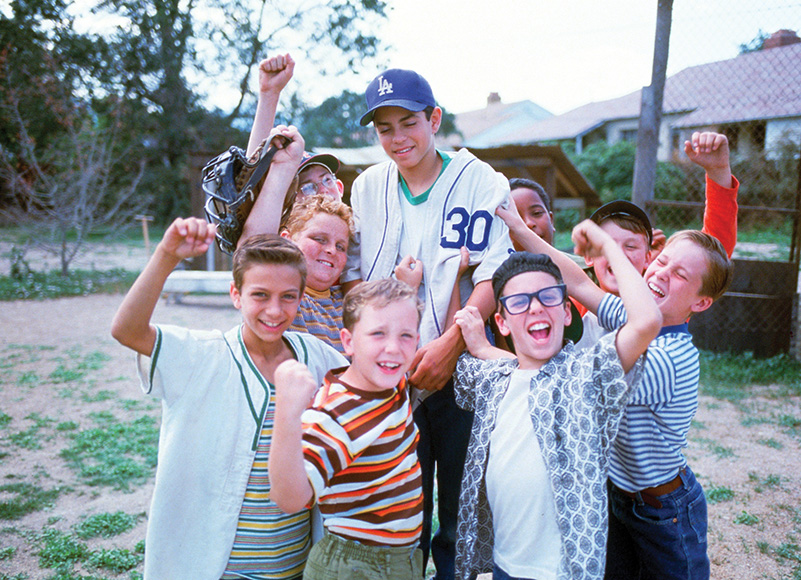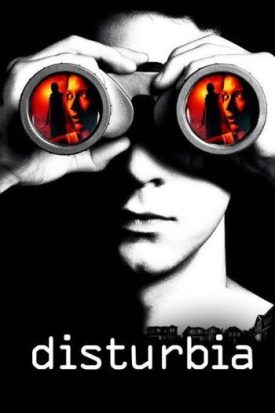Wes Anderson’s 2014 film, “The Grand Budapest Hotel” is a masterpiece. The colorful, dramatic yet comical main plot takes place in Anderson’s fictional European country of Zubrowka in the year 1932. The Grand Budapest is an impressive, very pink, luxury ski resort at the base of snow capped mountains. Gustave H. (played by Ralph Fiennes), presider of the hotel, is charming and professional in everything he does.
The main plot kicks off when Madame D., one of the old rich women Gustave promiscuously involves himself with, is killed mysteriously. Gustav is bequeathed a priceless painting from her will. Seeing this as unfair and wanting the money the painting offers, Madame D.’s son, Dimitri, frames Gustav as the chief suspect for his mother’s murder. Gustav and his immigrant loyal lobby boy, Zero Moustafa (played by Tony Revolory) take a whimsical adventure to keep Gustav and the painting safe.
Through a series of killings, laugh-out-loud moments, and beautiful visuals, Gustav and Zero, with help from Zero’s fiancé Agatha (played by Saoirse Ronan), must confront Dimitri while the fascist occupation of Zubrowka looms over them.
I love “The Grand Budapest Hotel.” First and foremost, every shot in this brilliant creation is gorgeous, typical Wes Anderson. The masterful framing, the color (or lack of it), the varying aspect ratio, the lighting, and the beautiful sets and costumes are all used extremely deliberately to convey emotion. And even beyond conveying emotion, every shot just looks amazing. While visuals are the main highlight of the film, that doesn’t mean the plot, soundtrack, and dialogue are obsolete.
The story can be a bit confusing on the first viewing, but all the important points are hit. There are many ways viewers are given triggers of emotion in this movie, and the plot is just there to give these triggers bounds to play in. The most powerful element of the plot is when the Budapest is occupied and the second time we’re in the train car, the only black and white scene. The ruining of the hotel and death of Gustav conveys a theme that despite a part of one’s life having a happy ending, the next era may not be the same.
Time always moves on is one of the biggest takeaways. The “Russian doll” structure of the film very potently delivers this. Dialogue in Wes Anderson films is prolifically blunt. While the same is true here, there are also more flowery lines. Conversations are hilariously filled with cut and dry humor and moments of deliberate silence. This movie has a sense of humor I can only describe by telling you to watch it.
The soundtrack, all original scores composed by Alexandre Desplat, elevates scenes to new levels with a classical and whimsical sound. The music sounds very fittingly grand with dramatic and playful strings both bowed and plucked, often accompanied by bells, deep horns, snare, and timpani.
“The Grand Budapest Hotel” is rated R for reasons that become glaringly obvious by watching the film. Excessive obscene language, suggestive content, and nudity are the main proprietors of the R rating, but all of these seemingly lewd and brutish things are used in such a tasteful manner that the film wouldn’t be nearly as good without them.
I would recommend this film to any mature person who loves things that are objectively good. I’m absolutely and completely biased. I love this film with all my heart, although it is alright if you disagree with me. Regardless of what you believe, “The Grand Budapest Hotel” has cemented itself as a classic within its captivating and beautiful 100 minute long pink walls. I rate the movie a perfect 5/5.


